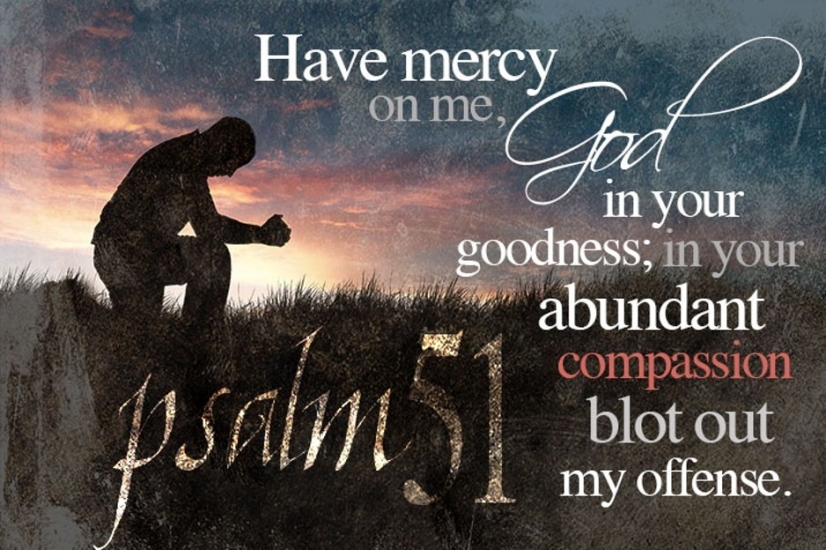This morning was the second of our services that emerged from the work of the Safeguarding Team, and explored, necessarily briefly, the challenging topic of forgiveness in relation to Safeguarding. I was very grateful for the BUGB Level 3 participants' course notes to ensure that what I said cohered with the expectations.
We had two Bible readings... most of Psalm 51 and a chunk from Matthew 18...
We began with some photos and stories from this week's news: Axel Rudakubana, the man sentenced to life in prison for the Southport murders; Pamela Hemphill, the women who declined a pardon from Donald Trump for her part in the capitol riots; Bishop Marion Butte, who preached at an interfaith service for unity; Martin Luther King, who was recently commemorated; and an anti-racist Jewish group excluded from Holocaust Memorial Day events this week.
The purpose of the stories was to prompt initial thoughts about the complexity of what forgiveness (and alongside that confession, repentance, redemption) means, and I think, overall, it was successful.
After sharing some insights from BUGB and MOSAC we turned our attention to King David. I asked people to share words that came to mind when they thought of him, and those offered were:
- shepherd
- harpist/musician
- part of Jesus' family tree
- man of God
- Goliath (who he defeated)
I then offered some additional words from the wider story...
- womaniser
- adulterer (some might argue, rapist)
- murderer
- liar
- man of war/violence (this from God as to why he wasn't allowed to build a Temple)
We briefly explored some of the consequences of David's actions before exploring his confession and repentance.
I pointed out that had David been part of our Church, he would have needed to step down from any leadership roles, and, if Bathsheba or any member of Uriah's family had been in the church, he'd have had to leave, and that we'd have needed to ensure he had a 'contract' in place wherever he went next.
Lastly, we turned to Matthew 18 and the words of Jesus to 'treat such a persons as you would a tax-collector' which I illustrated with a painting of Zaccheus in the tree, and left the question 'how did Jesus treat tax-collectors?'
I am sure this was not my finest ever sermon, it necessarily skimmed over a lot of ground, but it seemed to hold together some important truths about confession, repentance and forgiveness. Noting, finally, that forgiveness is an incredibly complex process that is never going to be a quick fix, and may not always be possible in this life.
For our post sermon hymn, there was only one possibility, as far as I was concerned, and we sang of the God whose mercy is beyond anything we can understand or imagine...
There's a wideness in God's mercy,
like the wideness of the sea;
there's a kindness in his justice,
which is more than liberty.
There is no place where earth's sorrows
are more felt than in God's heaven:
there is no place where earth's failings
have such kindly judgement given.
For the love of God is broader
than the grasp of mortal mind;
and the heart of the Eternal
is most wonderfully kind.
If our love were but more simple,
we would take him at his word;
and our lives be filled with glory
from the glory of the Lord.
Frederick William Faber (1814-1863
